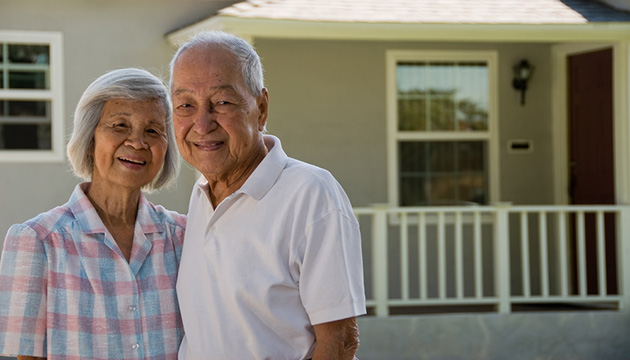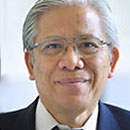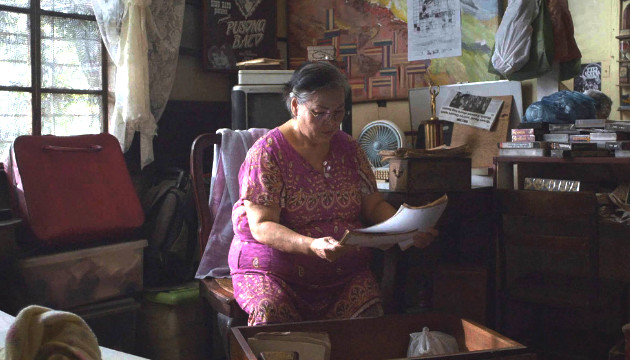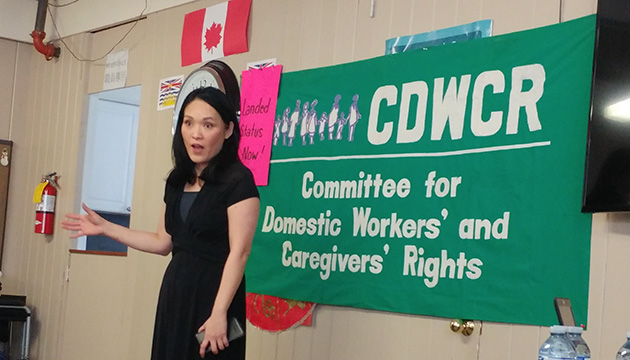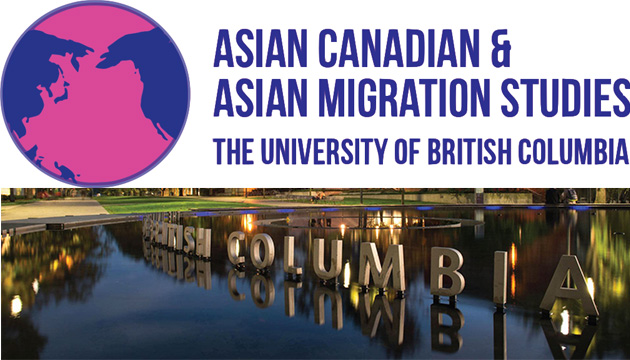The first wave of Filipino immigrants, young professionals who arrived in the 1960s and 1970s, are now reaching retirement age.
They were at the prime of their lives when they came, full of hope for a new life in a new country.
According to some of these pioneers, they easily found jobs suitable to their qualifications back then. Vancouver was also affordable. Rent for a house on King Edward Avenue was $50 a month, a Mustang was $2,000, bus fare was 25 cents (or five tokens for a dollar), a pound of chicken was 19 cents, and domestic postage was 5 cents. For a family of four, their bill for a cartful of groceries was $20 a week. The salary of a registered nurse at Vancouver General Hospital was $149 every two weeks and she was able to work as a registered nurse straight away. The Filipino community in Vancouver at the time was about 250, and they were all friendly and helpful to each other.
Fast forward to 2016, when these early immigrants are now reaping the fruits of their labour. After working for 50 years or so, many of them are retired grandparents enjoying their well deserved rest with family and friends. Now their conversation tends to focus on various aches and pains, surgeries and medication, and the high cost of housing in Vancouver.
In the one and only nationwide survey of Filipinos in Canada in 2005 for the purpose of finding out their plans after retirement, of the 514 respondents, 28.4 percent plan to stay in Canada, 39.7 percent plan to stay in Canada with frequent visits to the Philippines, 5.6 percent plan to return to the Philippines for good, and 4.5 percent plan to move to other places where their children are staying or where taxes are lower. (See Seeking a Better Life Abroad: A Study of Filipinos in Canada, 1957 -2007: 2008).
As these early immigrants grow older and their family expands to include interracial marriages, it is likely that a high proportion of them will stay in Canada for good. This may be explained by a number of factors. First, in the last 50 years, many have spent more years in Canada than anywhere else. Second, a significant number has sponsored their close relatives so they have their family as well as friends in Canada. Third, they like their quality of life in Canada and may find it difficult to adjust to conditions in the Philippines.
When asked what they like best about Canada, the majority cited medical services, clean environment, a diverse population living in peace and order with freedom, tolerance and equal opportunities for all. Plus life expectancy for both men and women are higher in Canada than in the Philippines so there’s more years for enjoying a happy life.
Still, even for some long-time Canadian Filipinos, there is no home like where one was born.
(See accompanying article by Paz Antonio.)


